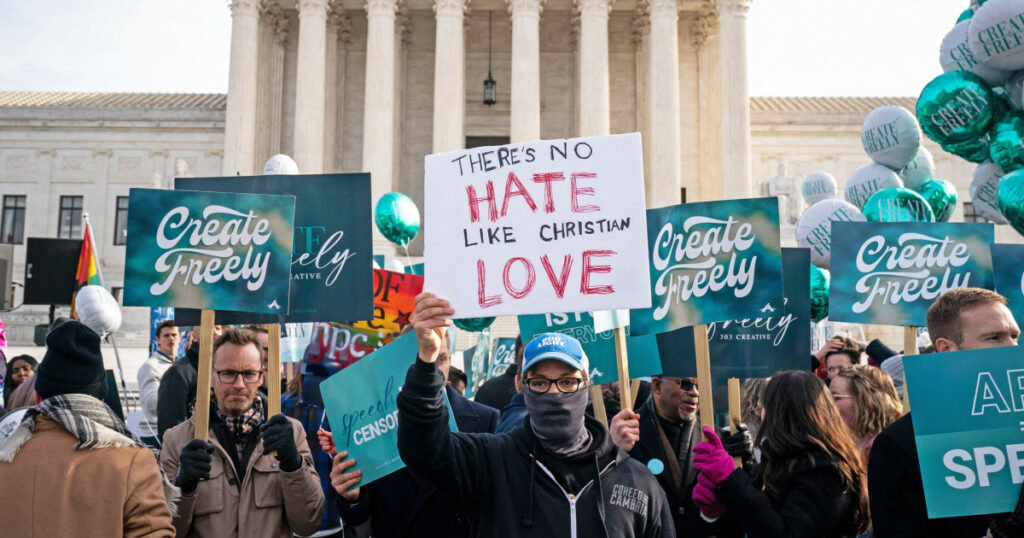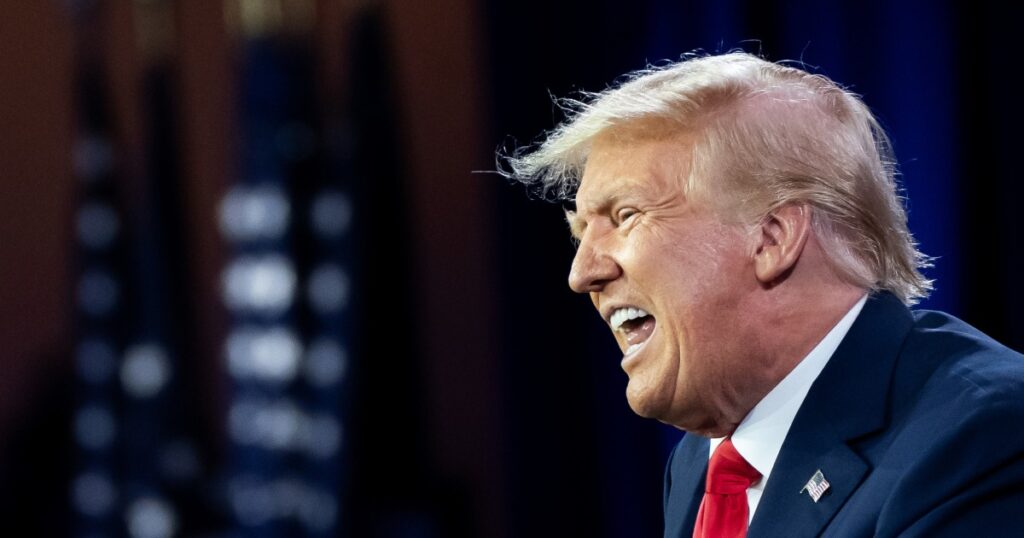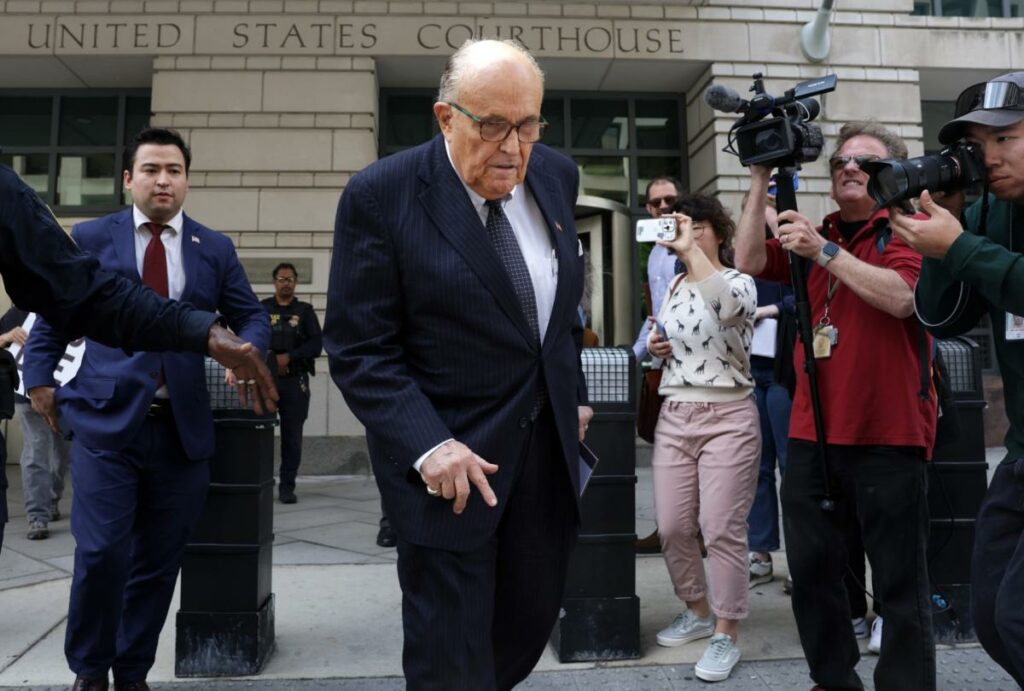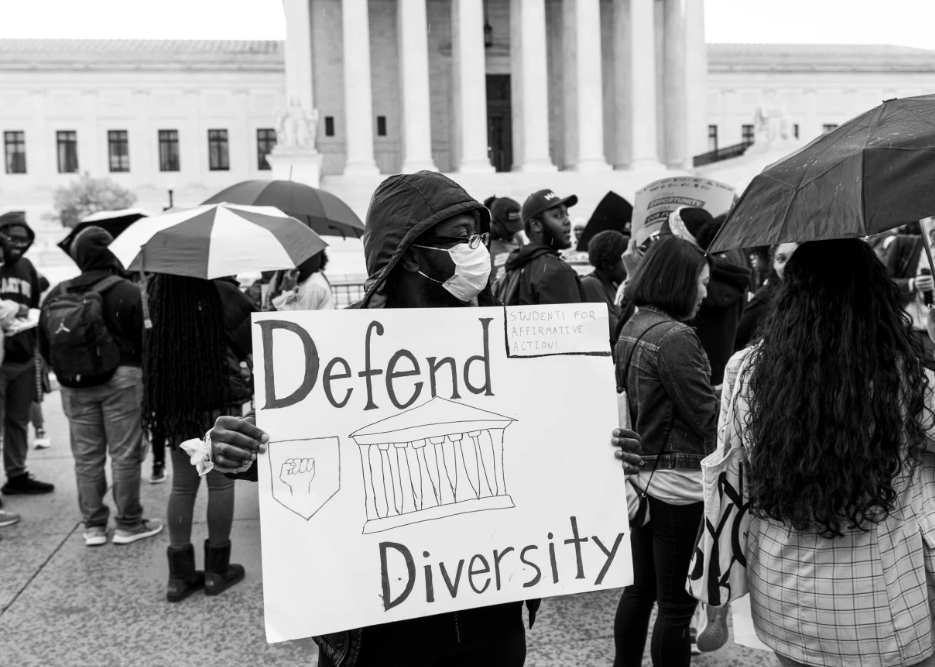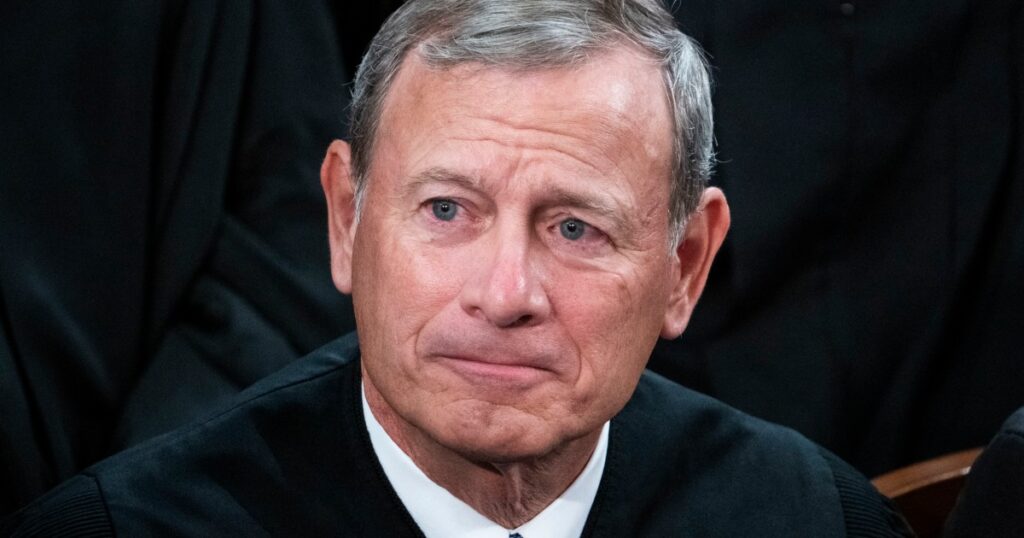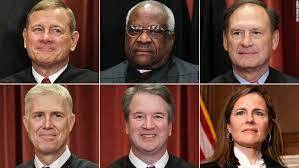The Supreme Court’s recent ruling on a case involving a Colorado designer and a same-sex wedding request has sparked controversy. While the request itself has come under scrutiny, it’s important to understand that it wasn’t the basis for the court’s decision. In fact, the court ruled in favor of the designer’s claim based on a pre-enforcement challenge to a discriminatory law.
The request in question was supposedly sent to the designer’s business, 303 Creative, in 2016, but doubts have been raised about its legitimacy. A journalist from The New Republic contacted the person named in the request, who claimed to be heterosexual and unaware of the request. This raises questions about the authenticity of the request and its role in the litigation.
Regardless of whether the request was genuine or not, the designer presented it as legitimate during the legal proceedings. It was mentioned in court filings and used to support the argument for the case to be heard by the Supreme Court. However, it’s important to note that the request was not the main focus of the court’s decision.
The ruling itself has raised concerns about the implications for LGBTQ+ rights and the ability of businesses to discriminate under the guise of free speech. Justice Sonia Sotomayor, in her dissenting opinion, criticized the majority’s legal reasoning and the dangerous precedent it set.
While the request may not have been the basis for the ruling, its existence and use in the litigation raise questions about its significance. Why would the designer or her lawyers cite a request that may not have been genuine? The Alliance Defending Freedom (ADF), the group representing the designer, claims that reaching out to the requestor would have violated anti-discrimination laws. However, it’s unclear why minimal research wasn’t done to verify the request’s legitimacy before citing it in court filings.
In the end, the request’s authenticity may not impact the ruling itself, but it does raise concerns about the handling of the case. It’s important to scrutinize all aspects of the case, including the request, to fully understand its implications.
The Supreme Court’s ruling has sparked a debate about the balance between free speech and discrimination. It’s a complex issue that requires careful consideration and examination of all the facts.

